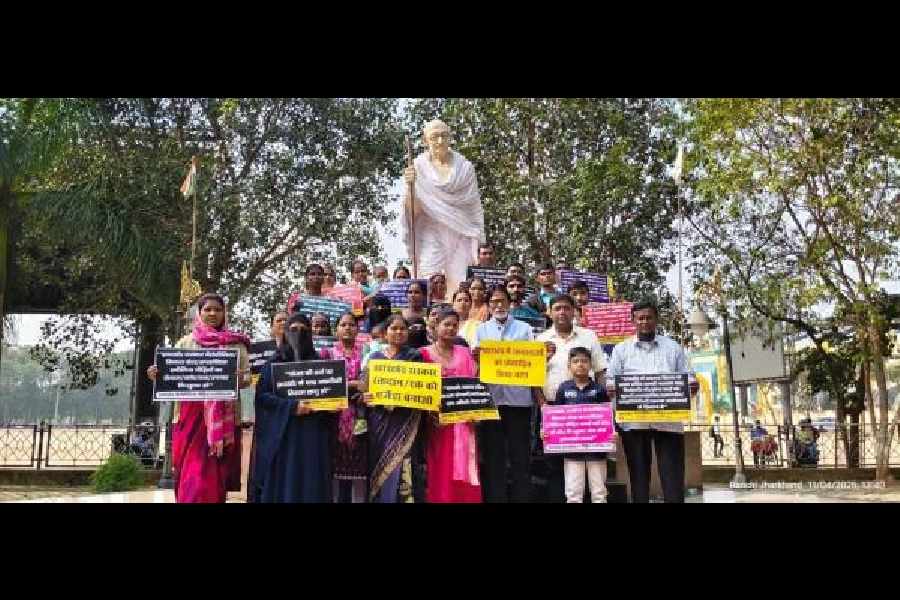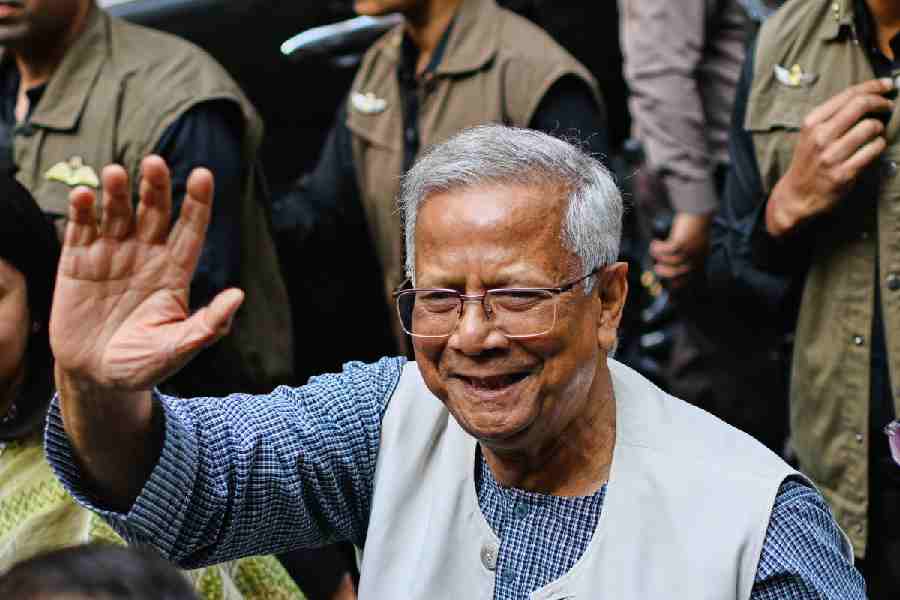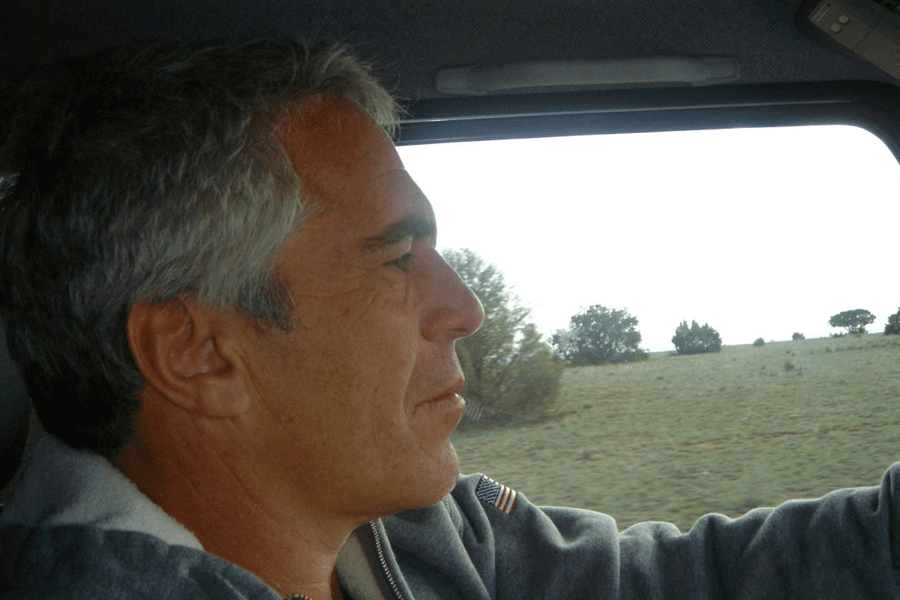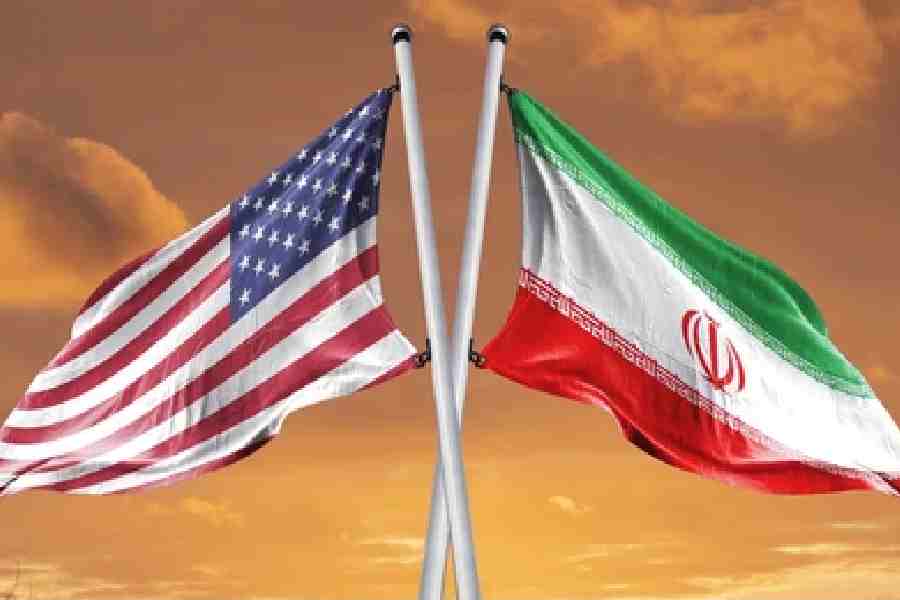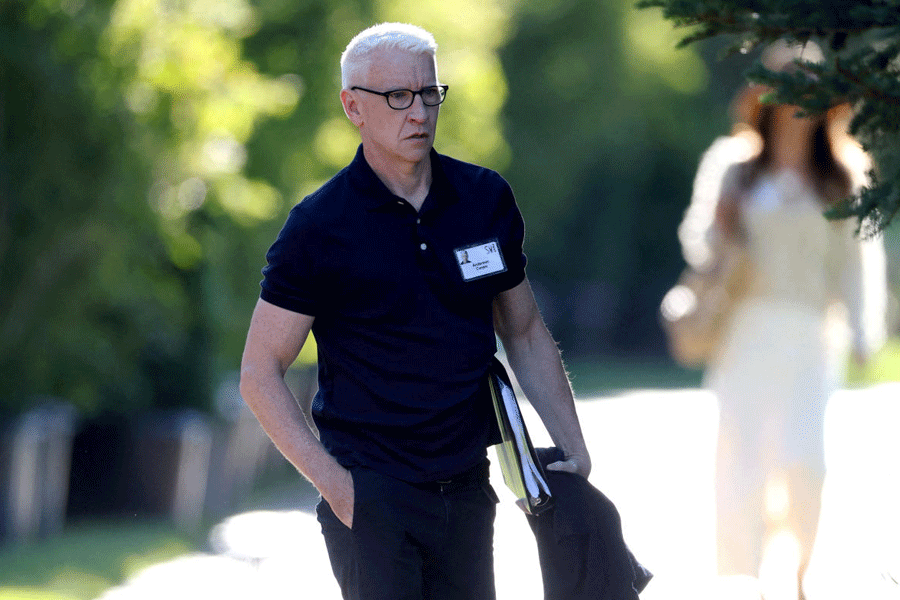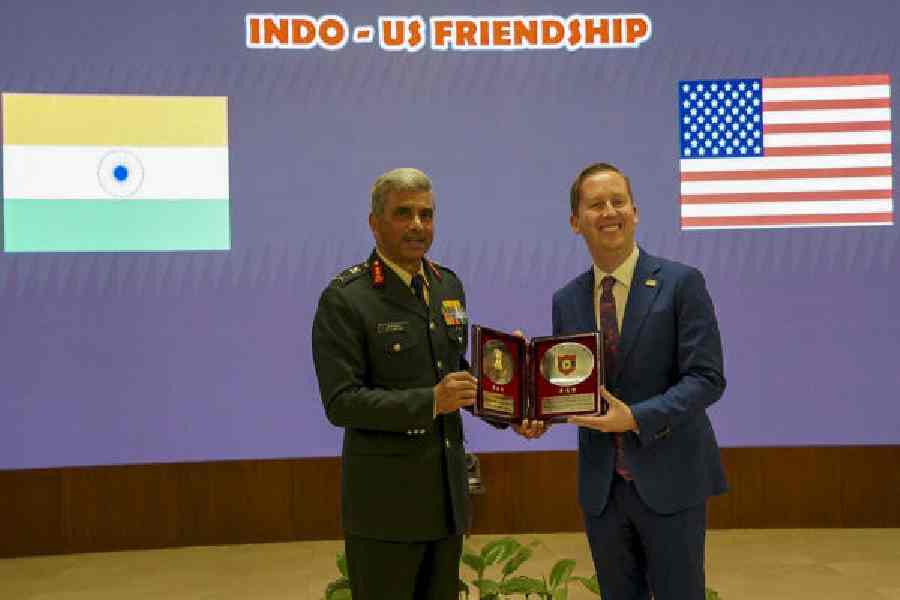When Jharkhand was carved out of Bihar 25 years ago riding on the slogan Abuba Dishum, Abuba Raj (Our Land, Our Rule), it was hailed as a new dawn for tribal welfare. Yet thousands of tribal families grappling with thalassaemia — a life-threatening genetic blood disorder — now find themselves trapped in a miasma of neglect, apathy and systemic failure.
Just weeks ago, Jharkhand was shocked by a public health catastrophe at Chaibasa Sadar Hospital: five tribal children suffering from thalassaemia were diagnosed as HIV-positive, which they contracted through contaminated-blood transfusions.
The Opposition BJP claims more children across the state have been affected after receiving blood transfusions. “Now, there are six more children in Ranchi and one child in Koderma who have been diagnosed with HIV,” BJP spokesperson Ajay Shah said.
The Hemant Soren government was jolted into action following media outrage, a wrap on the knuckles by the governor and suo motu cognisance of the matter by Jharkhand High Court. The government has suspended key staff at the Chaibasa Sadar Hospital, launched a statewide audit of blood banks, formed an expert inquiry panel and promised compensation plus free lifetime treatment for affected children.
Health minister Irfan Ansari tried to shift the blame onto the families of the victims, who he said “might have taken blood from private players”.
Dr Abhishek Kumar Singh, the lone haematologist in Jharkhand, appeared to back this claim. “It’s not just government hospitals; parents get blood wherever they can, sometimes from professional donors without knowing their health status. This risks transmitting serious diseases to children.”
But social activists, media reports and victim families tell a different story. Jharkhand has just one haematologist for the whole state, and most patients have to make long and arduous journeys to state capital Ranchi for care.
The state doesn’t have a single centre for bone marrow transplant — the only treatment that can cure people of thalassaemia .
Jharkhand’s thalassaemia patients, who mainly belong to tribal and economically weaker families, face a crisis compounded by state indifference, poor health infrastructure and flawed policies, health activists said. Unlike states such as Chhattisgarh and Bengal, Jharkhand has yet to develop targeted welfare schemes, regulate donor incentives, or streamline blood bank operations.
Nadim, founder of the Lahoo Bolega Blood Organisation, said: “Jharkhand has an estimated 11,000 thalassaemia patients, with most in the tribal and rural sectors and a wide age range from infants to adults. Blood transfusion frequency (two-three units per month) and access issues are chronic. Many have to travel long distances, face delays, or pay unofficial charges at government hospitals.”
“Basic infrastructure failures persist: very few districts have functioning blood banks, licence and equipment lapses abound, and specialised bags/ machines are unavailable outside Ranchi,” added Nadim, whose organisation runs blood donation camps across the state.
In the aftermath of the Chaibasa horror, reports continue to surface of thalassaemic children being shunned at schools and families evicted from rental homes as fear of disease and prejudice override medical facts.
“Doctors told us not to speak about it — it would harm the hospital’s reputation,” said a tribal woman in Chaibasa whose daughter is HIV and thalassaemia positive. A father who is out of work and homeless asked: “What can I possibly tell my son, who must now live with two incurable diseases because someone was careless?”
Limited government schemes cover only a fraction of treatment costs, leaving most tribal families with no means to fund the expensive bone marrow transplants and lifelong care required. Jharkhand still lacks any comprehensive screening, counselling or support programmes tailored to its highly affected tribal areas.
While central government schemes such as Coal India’s Thalassaemia Bal Sewa Yojana offer limited support (up to ₹15 lakh for bone marrow transplants), actual costs can reach ₹35 lakh or more. Payment gaps, bureaucratic hurdles and reliance on central funds ensure that most tribal families have no access to life-saving treatments.
In neighbouring Chhattisgarh, the state government provides ₹15-18 lakh for bone marrow transplants, but in Jharkhand not a single rupee is provided.
With tribals constituting over 26 per cent of Jharkhand’s population, the state has one of the highest concentrations of Scheduled Tribes nationally. In these communities, the prevalence of β-thalassaemia traits is alarmingly high at 11 per cent, with β-thalassaemia major affecting 7 per cent and sickle β-thalassaemia affecting 10 per cent.
Experts attribute this high thalassaemia burden to historic malaria prevalence, genetic clustering due to geographic and social isolation, and common consanguineous (cousin) marriages amplifying inherited disorders.
Genetic mutations that cause thalassaemia likely developed as a natural protection against malaria in populations living in malaria-prone regions.
“The reason for high prevalence is natural selection — the gene offers malaria protection, but close-relative and intra-community marriages allow the disease to persist and spread,” said Dr Abhishek Kumar Singh of Ranchi Sadar Hospital, one of the two primary centres of thalassaemia treatment in the state.
Health minister Ansari supported this analysis. “This is a tribal region and a thalassaemia hotspot. Genetically, Muslims and tribals are more susceptible because they often marry within their communities,” he told The Telegraph.
Jharkhand sits on a genetic time bomb. Tribal communities carry thalassaemia and sickle-cell traits at rates far higher than the national average of 3-4 per cent, thanks to centuries of clan marriages and zero premarital screening.
Atul Gera, popularly known as the “Blood Man of Jharkhand” for his tireless efforts in promoting voluntary blood donation and supporting vulnerable patients, believes there is only one way to prevent a recurrence of Chaibasa-like incidents: to stop acceptance of “replacement blood”.
“We have to stop replacement. We have to collect all our blood from voluntary blood donors through blood donation drives. All hospitals should be mandated to organise blood for their in-house patients and give them blood bedside without asking for any replacement,” he said.

